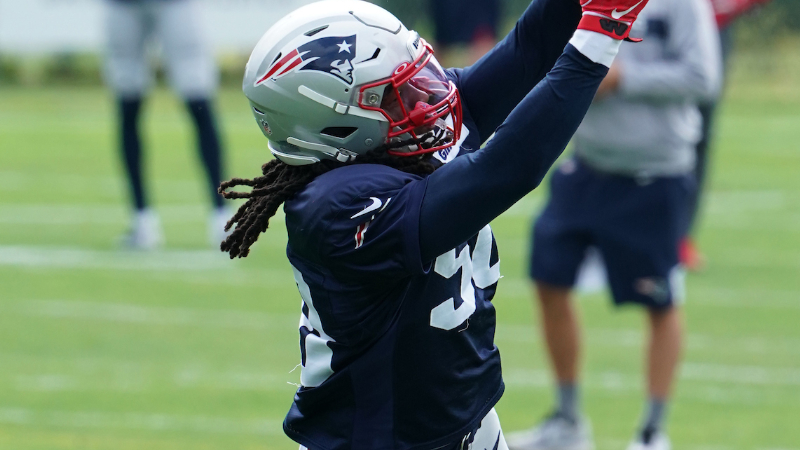Although Aaron Hernandez was convicted of murder in the case of Odin Lloyd’s 2013 shooting death, after his suicide in prison Wednesday, he died an innocent man.
Under an old legal principle called “abatement ab initio,” Hernandez’s conviction will be voided, as the case hadn’t yet gone through the appeals process, chief legal counsel to the Massachusetts Bar Association Martin W. Healy told The Boston Globe on Wednesday. Healy also said it rarely happens, but it comes from English common law and exists in many older states.
Evidence from Hernandez’s conviction can no longer be used in court, so the principle also will complicate any civil cases from the Lloyd family or from the 2012 double murder in which the former New England Patriots tight end was found not guilty Friday.
“Unfortunately, in the Odin Lloyd matter, for the family, there won’t be any real closure,” Healy told The Globe. “Aaron Hernandez will go to his death an innocent man.”
Abatement ab initio has come up in a couple of high-profile cases in Massachusetts. It happened when John C. Salvi III, who was convicted of killing two women in 1994 in a shooting spree at two reproductive clinics in Brookline, Mass., committed suicide in prison and when John Geoghan, the Boston priest convicted of sexual abuse, was killed in prison in 2003.
“In the court of public opinion, Hernandez, Salvi, and Geoghan will be judged accordingly,” Healy was quoted as saying. “But in a court of law, under legal principles, (Hernandez) died an innocent man.”
Healy’s right in saying they’ll be “judged accordingly,” as it’s unlikely anyone will forget Hernandez was convicted of murder. He also said he wouldn’t be surprised if lawmakers try to change the law soon, as some other states got rid of abatement ab initio after it cleared the records of other high-profile murderers.
Thumbnail photo via The Sun Chronicle/Pool Photo via USA TODAY Sports Images



